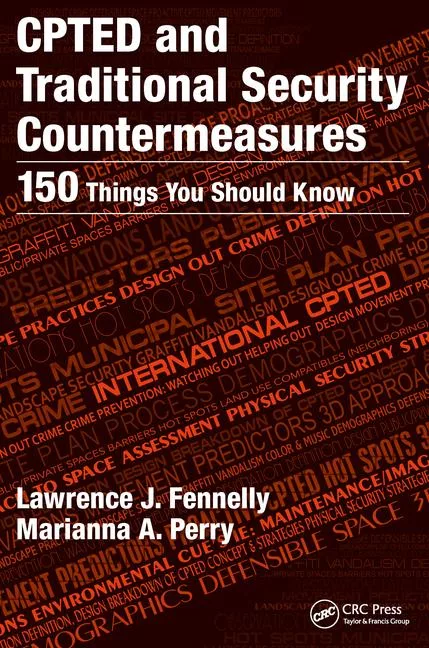Career Intelligence
Can you decode security job descriptions?

ldo Frazao / iStock / Getty Images Plus via Getty Images

Not all job descriptions are created equal, and this is certainly so in the security industry and other fields. Some job descriptions are well-written, but the majority fall somewhere on the middle of the spectrum. Understanding what a security position entails often means candidates must decode the job description. However, that does not always happen before the apply button is clicked.
Security job descriptions pass through many hands before they are finalized and ultimately posted for hire. This means modifications can occur at any stage along the way and the result may be something other than what was originally intended.
Position outlines generally start off being written by a hiring manager. At this stage, the description often looks like a long list of job duties. Sometimes the job is responsible for all listed activities. However, depending on an organization’s internal processes, the list can sometimes be inflated in the hope of elevating the level of the position.
Not all hiring managers are security professionals, and this can affect whether the requirements for the role are reflected correctly. It is not uncommon to see experience in multiple public sector agencies requested, even though the agency missions may be very different from the hiring organization. In addition, requesting a long list of certifications that may or may not be relevant to the position is a similar problem that often finds its way into job listings.
Once the job description passes on to human resources, it will be graded. Companies often have standard requirements associated with role levels, and a one-size-fits-all degree requirement and number of years of experience methodology may be applied. Then it is on to the compensation group for the salary-range assignment.
Security jobs can go through several of these cycles before the final product emerges and recruitment for the position begins. Once the role is advertised and candidates begin to apply, all parties may then realize that a poorly crafted job description will impede finding the candidates that the hiring manager is seeking.
We often hear from clients who have gone through this process and have amassed hundreds of resumes from security professionals, none of which are a match for the position they are recruiting for. Inaccurate or poorly written job descriptions are a large part of this problem.
The other side of the issue is that many candidates have simply stopped reading job descriptions. In the security field, as in other industries, there is little consistency about how roles are written. Irrelevant or contradictory requirements can cause even the best candidates to turn away, or the opposite might occur, whereby candidates apply for every job titled similarly to one they want, assuming most listings are inaccurate to begin with.
Security job seekers who see a role in which they are interested should look beyond the description, as decoding what a particular job is can be impossible by simply reading the listing.
A simple click of the apply button is easy and a bit of a numbers game, but it is an understandable approach to job searching, given the volume of poorly written security job descriptions out there.
Looking for a reprint of this article?
From high-res PDFs to custom plaques, order your copy today!









